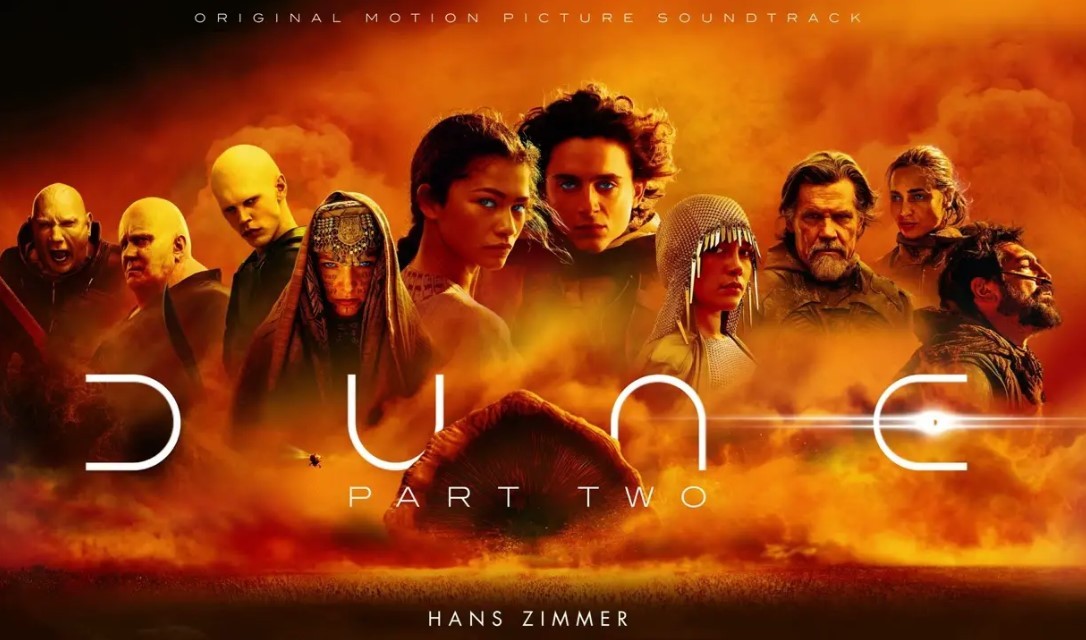Cannes Film Festival: Schedule, Official Selection, Movie Submissions and More
 |
| Cannes Film Festival: Schedule, Official Selection, Movie Submissions and More |
For decades, the Official Selection of the Cannes Film Festival has been the ultimate source of anticipation by movie lovers worldwide. No festival on Earth has commanded the same blend of cinephilia and red carpet glamour, as films from some of the most revered directors working today announce their arrival in front of the world’s most discerning audience.
But will that audience show up for the 2021 edition, which has been pushed from its usual May dates to early July? After last year’s festival was canceled due to the pandemic and Cannes could only announce an amorphous list of films, the plan for this year’s edition remains an open question. Though the festival is messaging a full-steam-ahead approach, France remains on lockdown and it’s unclear whether the situation will improve enough for a traditional festival gathering.
2021 Cannes Film Festival: Schedule
The 74th annual Cannes Film Festival is scheduled to take place from 6 to 17 July 2021, after having been originally scheduled from 11 to 22 May 2021. In March 2021, Spike Lee was asked to be the head of the jury for the festival.
French director Leos Carax's long-awaited musical film Annette will serve as the opening film of the festival. The Official Selection is scheduled to be announced 3 June 2021.
2021 Cannes Film Festival: Official Selection
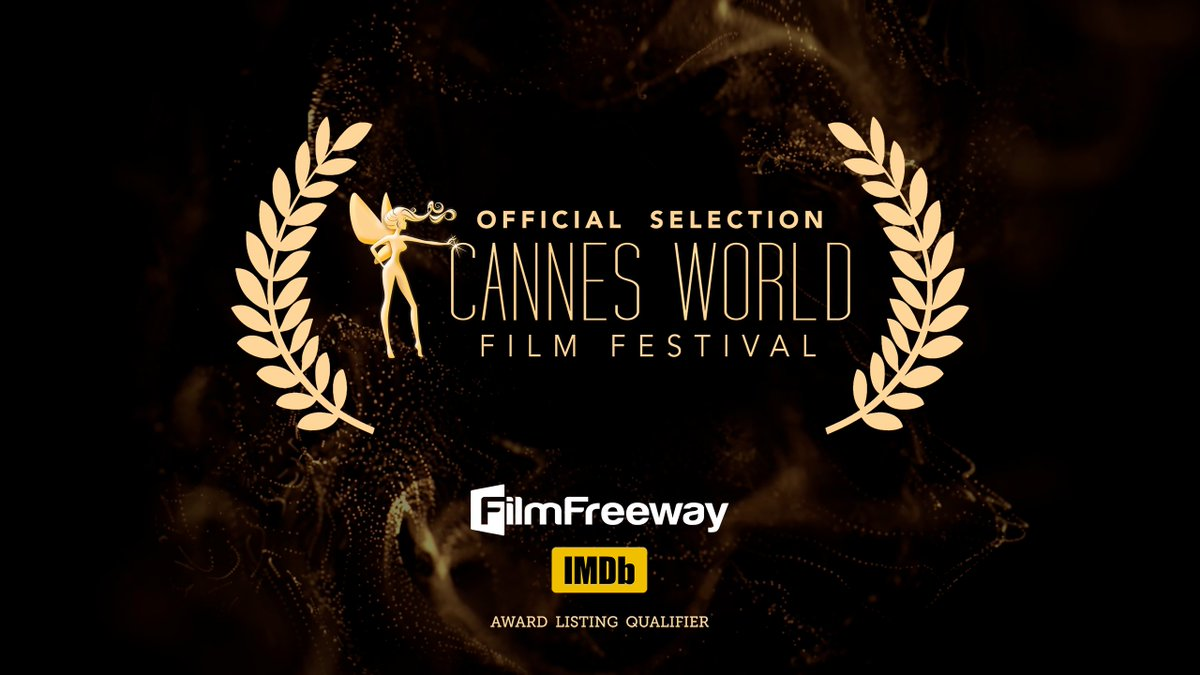 |
| Photo: Imdb |
With nine weeks to go before the festival, the approach is full steam ahead, and let the skeptics be damned. Leos Carax’s Adam Driver musical “Annette” has been announced as the opening-night selection, while high-profile 2020 carryovers such as Wes Anderson’s “The French Dispatch” and Paul Verhoeven’s “Benedetta” are confirmed for the Official Competition. “It’s time to speak about our confidence, if not certitude, that Cannes will take place in the month of July,” Cannes director Thierry Fremaux told a French radio station on April 18.
| English title | Original title | Director(s) | Production country |
|---|---|---|---|
| Annette (opening film) | Annette | Leos Carax | France, Germany, Belgium |
| Benedetta | Benedetta | Paul Verhoeven | France, Netherlands |
| The French Dispatch | The French Dispatch | Wes Anderson | United States |
In play is the festival’s intense screening period that accelerates in the weeks leading up to the announcement (often, some films are selected moments before the press conference). By then, moviegoing will have returned to France for the first time since theaters shut down in October. Nevertheless, the nation continues to grapple with new lockdowns complicated by an impenetrable set of rules that should surprise no one who’s familiar with the travails of French bureaucracy. (A 7 p.m. curfew includes an exception to walk your dog, but only within 1 kilometer of your legal residence and “for a brief amount of time.”)
This time, Cannes has the benefit of others’ experience. Fremaux made a public appearance last fall at the Venice Film Festival, the only major European film event to host a physical festival. Venice’s online ticketing system and social distance restrictions allowed it to maintain a veneer of accountability; this year, Cannes reportedly plans a ticketing system of its own.
Beyond its impact on the global film market, France needs Cannes. The festival is the premier source for launching French films, many of which held off on VOD releases in 2020. The Syndicate of Independent Distributors estimated that over 400 films scheduled to come out last year now vie for theatrical releases in 2021. That leaves sales agents scrambling to figure out how to accommodate newer titles, and buyers uncertain how to assess their options. “Obviously, it will not be Cannes 2019,” said one sales agent with a regular presence on the Croisette, “but we all need to feel the fresh air.”
2021 Cannes Film Festival: How Do I Submit a Film To The Festival?
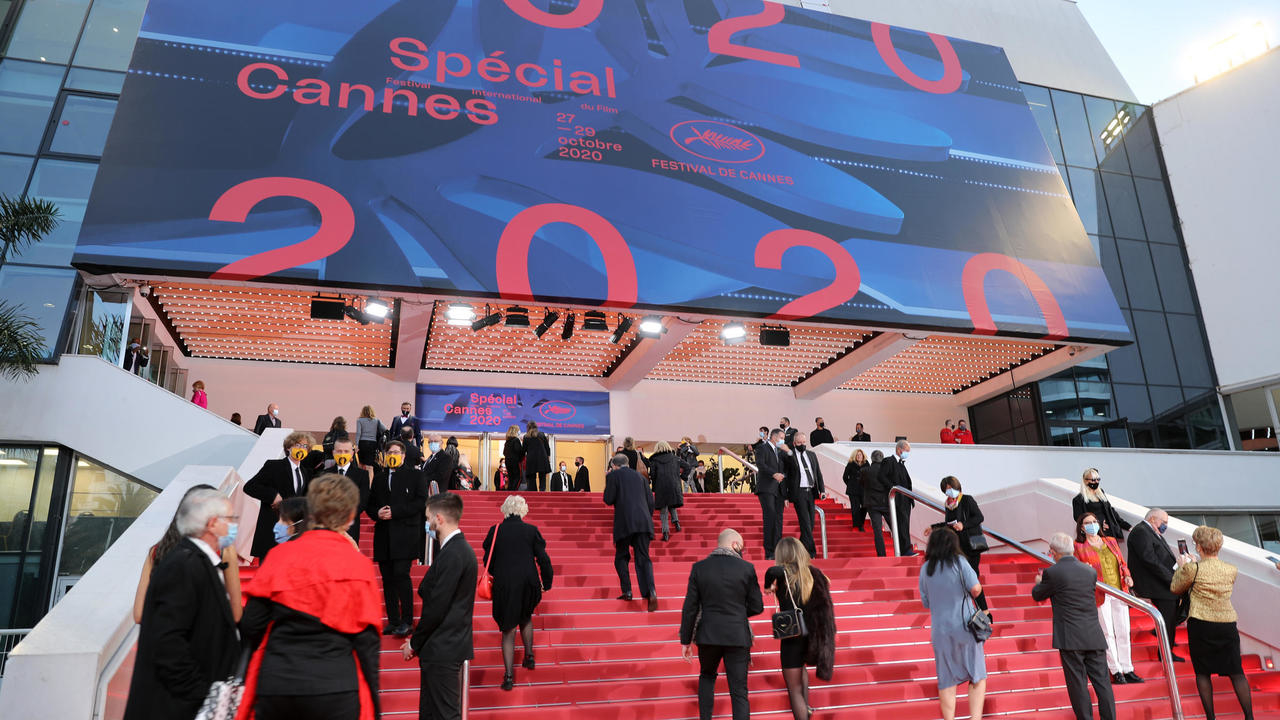 |
| Photo: france24 |
The core rules for applied to all films by the Festival when it comes to submissions are:
Films that have been produced during the twelve months preceding the festival
Films whose exhibition has been limited only to their country of origin
Films that have not been presented in any other competition or otherwise exhibited in any motion picture event, or on the Internet
Films that respect the aims of the festival as defined in Article 1 of the festival rules: "The spirit of the Festival de Cannes is one of friendship and universal cooperation. Its aim is to reveal and focus attention on works of quality in order to contribute to the progress of the motion picture arts and to encourage the development of the film industry throughout the world."
For short films, the running time must not exceed 15 minutes in total (including credits).
Feature films selected for Competition must be released theatrically in France following the festival according to the French media distribution laws.
Note that there are no separate programmes for documentaries or animated films at the Cannes Film Festival. Feature documentaries are very rarely invited into the competition and no animated film has ever been selected. Animated and documentary films do occasionally make it into the official shorts categories (Shorts Competition and Cinéfondation).
All films (features and shorts) which are accepted into the festival must have a 35mm print or a DCP available for the screening, and be subtitled in French and/or English (depending on the original language of the dialogue). The costs for producing the screening copies and subtitles must be met by the film's producer or appropriate representative.
Submissions are normally open from January to March each year and can be made via the Festival's official web site. When it comes to feature films, the expense and complexity of screening in one of the official programs means that submissions are normally managed in conjunction with the film's sales agent and publicist. Occasionally, festival submissions may also be coordinated by a country’s national film commission or equivalent organisation.
Stars and Big-Name Auteurs in Pipeline for Festival Comeback
In addition to the already announced fest opener “Annette,” Leos Carax’s musical romance with Adam Driver and Marion Cotillard, and Wes Anderson’s star-studded “The French Dispatch,” another high-profile film on Cannes’ radar is Sean Penn’s drama “Flag Day” in which the actor stars as a father living a double life as a con man and bank robber in order to provide for his daughter. Penn stars alongside his daughter Dylan Penn, his son Hopper Penn, Josh Brolin and Miles Teller, according to Variety.
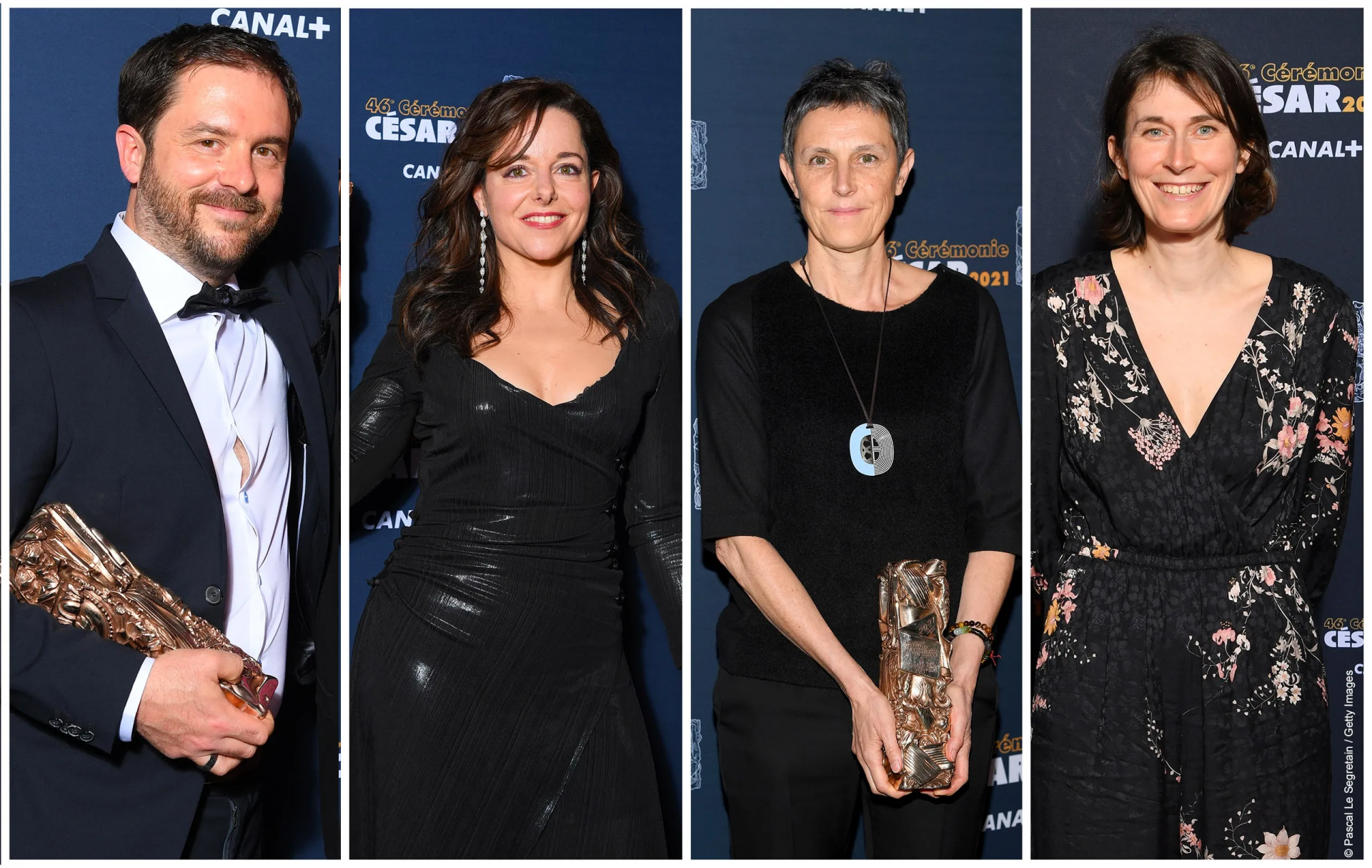 |
| Photo: Festival de Cannes |
Other films are being talked about as Cannes possibilities: Jane Campion’s Montana-set “The Power of The Dog,” about two brothers pitted against each other, with Benedict Cumberbatch and Kirsten Dunst; and Paul Schrader’s revenge thriller “The Card Counter,” with Oscar Isaac and Willem Dafoe. Schrader’s follow-up to his Oscar-nominated “First Reformed,” “The Card Counter” — being by handled by Focus Features in the U.S. and Universal Studios internationally — stars Isaac as a gambler whose spartan lifestyle moving from one casino to the next is shattered when he is approached by an angry young man seeking help to exact revenge on a military colonel. Although “The Power of The Dog” is handled by Netflix globally, the movie could possibly play out of competition at Cannes, or even in competition if the streamer works with a local distributor.
Both “The Power of The Dog” and “The Card Counter” have been invited to Venice, but are first waiting to see if Cannes pulls off the festival amid the pandemic, Variety has learned.
Fremaux has also been hoping to lure Paul Thomas Anderson’s “Soggy Bottom,” a film set in 1970s San Fernando Valley starring Benny Safdie, Joseph Cross and Bradley Cooper (in a small part). The artistic director was recently in talks with Universal Studios, but the movie’s new release date at the end of the year suggests it’s a more distant possibility at this point.
Strongly-tipped titles for Cannes include “Official Competition,” a comedy reuniting Spanish stars Antonio Banderas and Penélope Cruz. The Spanish-language film, directed by the Argentinian duo Mariano Cohn and Gastón Duprat, has also been invited to compete at Venice, according to an insider.
Among the several films that were in the running for last year’s festival and are either confirmed or nearly confirmed for the 2021 edition are Nanni Moretti’s “Three Floors,” a Rome-set adaptation of Israeli writer Eshkol Nevo’s novel with Anna Bonaiuto, Riccardo Scamarcio and Alba Rohrwacher; Kirill Serebrennikov’s (“Leto”) “Petrov’s Flu,” about a day in the life of a comicbook artist and his family in post-Soviet Russia; and Paul Verhoeven’s “Benedetta” with Virginie Efira starring as a lesbian nun in Renaissance-era Italy. There’s also Apichatpong Weerasethakul’s English-language debut “Memoria” with Tilda Swinton starring as an orchid farmer visiting her ill sister in Bogota where she is bothered by increasingly loud bangs that prevent her from getting any sleep.
Weerasethakul could be one of a handful of Palme d’Or-winning directors in the pipeline for a comeback on the French Riviera, along with Ruben Östlund with “Triangle of Sadness,” a contemporary satire with Woody Harrelson starring as a rabid Marxist who is the captain of a cruise for the super-rich that sinks, leaving survivors, including a fashion model celebrity couple, marooned on an island; Jacques Audiard’s black-and-white film “Paris, 13th District,“ based on New Yorker cartoonist Adrian Tomine’s “Killing and Dying,” and revolving around four young adults who are friends, sometimes lovers, and often both; and two-time Oscar winner Asghar Farhadi’s Farsi-language drama “A Hero,” whose plot is kept secret. All of these films are being presented to Cannes’ selection committee.
As in 2019, which saw Mati Diop and Celine Sciamma shine in competition, the 2021 competition roster could include several strong French female helmers, notably Julia Ducournau with the horror drama “Titane,” her follow-up to “Raw,” with Vincent Lindon starring as a father whose son resurfaces at an airport after having disappeared for 10 years; Claire Denis with “Feu,” which stars Juliette Binoche as a woman caught between two men — her long-time partner (Lindon) and his best friend; Mia Hansen-Løve with “Bergman Island,” a a supernatural melodrama with Mia Wasikowska, Tim Roth and Vicky Krieps, about a couple of American filmmakers who travel to the Swedish island of Faro to write their respective films; and Emmanuelle Bercot (“Standing Tall“) with “De Son Vivant,” a drama spanning a year in the lives of a terminally ill man, a grieving mother, a doctor and a nurse, starring Catherine Deneuve, Benoît Magimel and Cécile de France.
This year’s official selection, or even the competition, could also boast “Where Is Anne Frank,” a long-gestated animated feature by Ari Folman, whose 2008 doc “Waltz With Bashir” debuted in competition. Folman’s team was granted access to the Frank family archives. The film follows the story of Kitty, Anne Frank’s imaginary friend, who wakes up today in Amsterdam after a miracle, and travels across Europe to find out what happened to Anne during the last seven months of her life.
Other movies from renowned filmmakers that are well-positioned to world premiere at Cannes 2021 include Joachim Trier’s “The Worst Person in the World”; Catherine Corsini’s “La Fracture,” and Francois Ozon’s (“Summer of 85”) “Tout s’est bien passé,” a euthanasia-themed film based on Emmanuelle Bernheim’s book by the same name, with Sophie Marceau. A few French movies are expected to open at Venice, however, notably Xavier Giannoli’s “Lost Illusions,” an adaptation of Honoré de Balzac’s literary classic; and “Bruno Dumont’s “France” with Lea Seydoux and Blanche Gardin, about a celebrity journalist whose life is turned upside down by a freak car accident.
Cannes Film Festival Fast FactsThe correct pronunciation of the city is “can.” The Marché du Film is a parallel portion of the film festival that is a meeting place for film professionals to view, buy and sell films from around the world. The festival lasts for approximately two weeks. The top award at the festival is the Palme d’Or, the prize for best film. It was first presented in 1955, replacing another “Grand Prix” prize. The top award for a first film is the Camera d’Or, presented by an independent jury. It was first presented in 1978. There are also parallel sections which are not part of the official Cannes festival but run at the same time: La Semaine de la Critique (International Critics’ Week) The Directors’ Fortnight Association for Independent Cinema and its Distribution (ACID) |
 Full List Of Oscars Winners 2021 Full List Of Oscars Winners 2021 Knowinsiders has already prepared the Updated List Of Oscars Winners this year for the ones who are interested in the winners. |
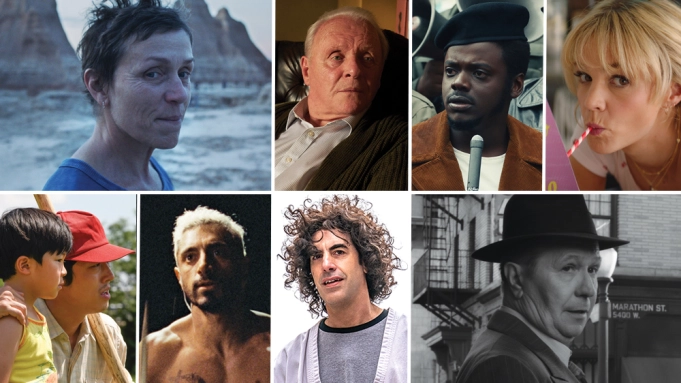 Oscars 2021: Where to Watch The Best Picture Nominees Oscars 2021: Where to Watch The Best Picture Nominees Oscar is coming closer, and there are potential nominees for this honorable award. Keep reading the article to know more on where to watch the ... |
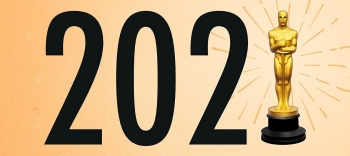 2021 Oscars Predictions: Who Will Win, Top Best, Actor & Actress 2021 Oscars Predictions: Who Will Win, Top Best, Actor & Actress 2021 Oscars Predictions: The Academy will finally hand out its little gold men on April 25, months later than usual -- due to the worldwide ... |
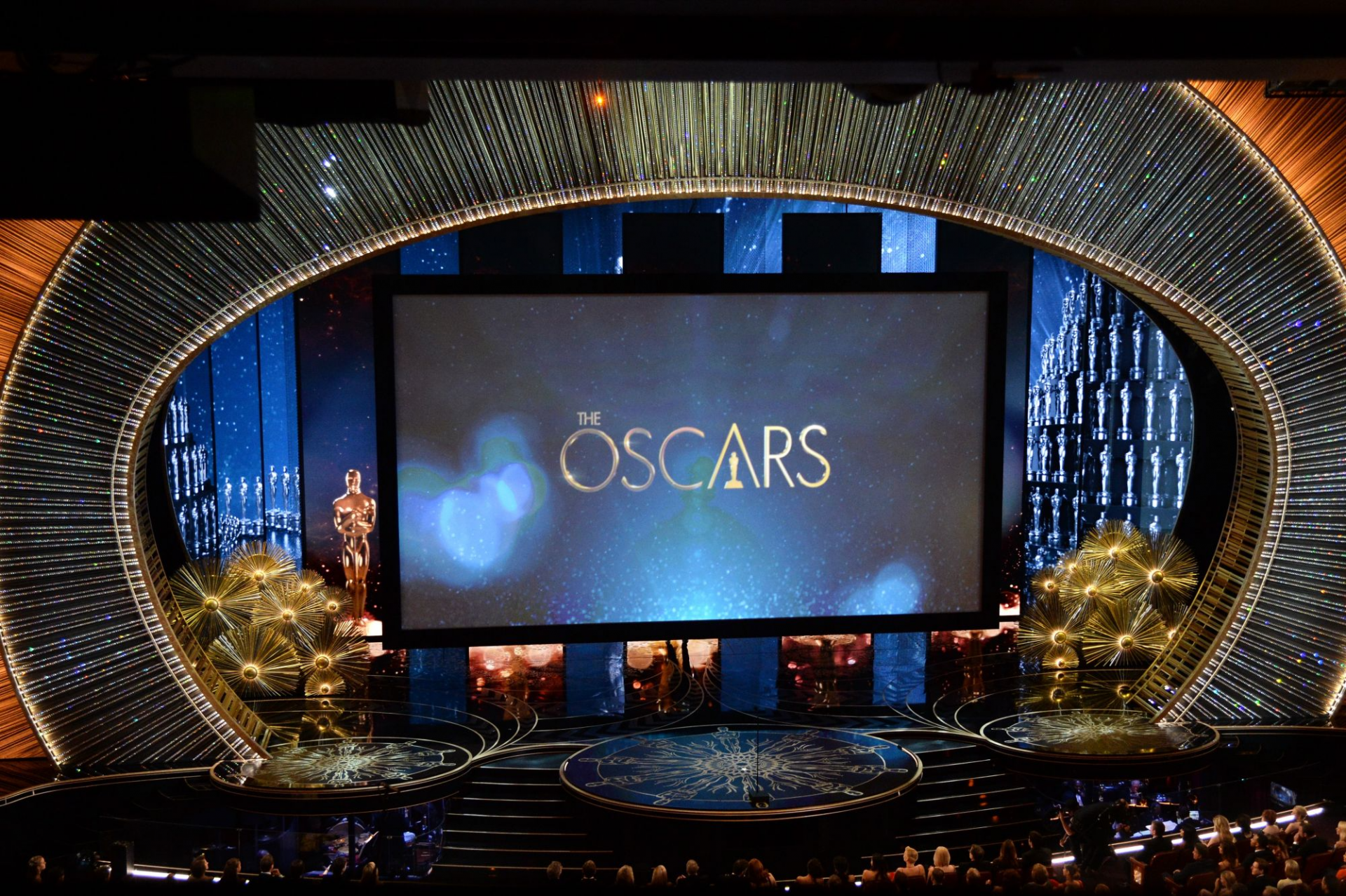 How to Watch Oscars 2021: On TV, Live Stream, Without Cable? How to Watch Oscars 2021: On TV, Live Stream, Without Cable? The biggest cinematic event of the year is coming this week, here are some ways to stream Oscars 2021 from TV, Live Stream to channels ... |


